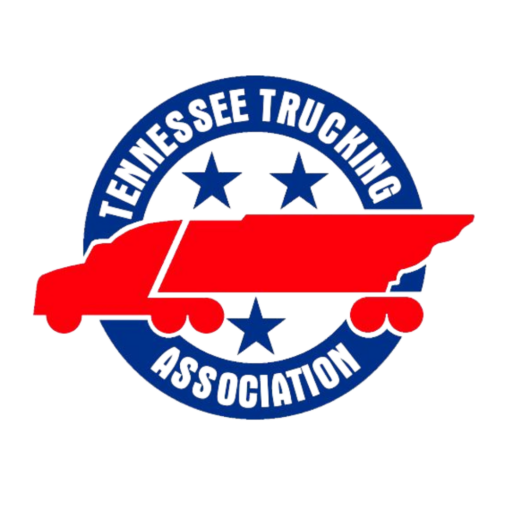Industry News
Goggin Cold Haul WSMV Interview
Big Joe visits Goggin Cold Haul to see how they keep products on the road during the coronavirus pandemic. See the Interview’s below with Owner Tom Hodges. Great Videos! Remember to thank a trucker!!! Our truckers keep America going!!! Part 1 Video Part 2 Video Part 3 Video
Read MoreTN EXECUTIVE ORDER NO. 19
AN ORDER AMENDING EXECUTIVE ORDER NO. 15 SUSPENDING PROVISIONS OF CERTAIN STATUTES AND RULES AND TAKING OTHER NECESSARY MEASURES IN ORDER TO FACILITATE THE TREATMENT AND CONTAINMENT OF COVID-19 TN EXECUTIVE ORDER NO. 19
Read MoreFMCSA Update 3-24-2020
Two very important documents were completed last night relating to CDLs and Medical Cards as well as a PHMSA notice relating to HM Training. Please see below for description and links. The documents are also attached for easy reference. Enforcement Notice on Expiring CDLs https://www.fmcsa.dot.gov/emergency/enforcement-notice-expiring-cdls-32420 This Notice of Enforcement Policy, effective from March 24, 2020 to…
Read MoreDOT Guidance on Compliance with Drug and Alcohol Testing Regulation
March 23, 2020 This guidance document provides clarity to DOT-regulated employers, employees, and service agents on conducting DOT drug-and-alcohol testing given concerns about the Coronavirus Disease 2019 (COVID-19). We, as a Nation, are facing an unprecedented public health emergency that is straining medical resources and altering aspects of American life, including the workplace. The Nation’s…
Read MoreGeneral Information Regarding TSA Enrollment Services
For HME applicants, while there is no impact to TSA adjudications, issuance of a HME on a Commercial Driver’s License (CDL) will vary by State. Some driver’s’ license agencies are closing, require an appointment, or are reducing hours of operations. HME applicants should check with their state for potential impacts. The Transportation Security Administration (TSA)…
Read MoreFMCSA UPDATE 3-20-2020 PM
Two additional documents have been added to the Emergency Declarations Page https://www.fmcsa.dot.gov/emergency/expanded-emergency-declaration-under-49-cfr-ss-39023-no-2020-002-relating-covid-19 Notice to State Drivers Licensing Agencies of the Federal Motor Carrier Safety Administration’s Policy Regarding Effect of Actions during COVID-19 Emergency (See Attached)FAQs CDL Enforcement Discretion 032020 1757 This notice sets forth the Agency’s view of various actions State Drivers Licensing Agencies (SDLA)…
Read MoreUpdate from the TN Department of Revenue
As you know we closed our doors to the general public yesterday afternoon but were allowing your offices to pick-up credentials. We were able to do this because we were going to have a limited amount of staff still in our offices, that has changed. Beginning close of business today we will no longer have…
Read MoreTN EXECUTIVE ORDER NO. 15
Gov. Lee signed Executive Order 15 to relieve regulatory burdens and free up the Executive Branch to more effectively respond to COVID-19 in Tennessee. This executive order works to quickly boost our health care capacity, continue important consumer protections and provide enhanced customer service to our citizens during this pandemic. Please note Items 14, 15,…
Read MoreUS DEPARTMENT OF TRANSPORTATION EMERGENCY DECLARATION FAQ’S
Frequently Asked Questions Related to the FMCSA Emergency Declaration Version 1.0 (March 19, 2020) FMCSA FAQs HOS 3-19-2020
Read MoreTN DEPARTMENT OF REVENUE
TN Department of Revenue Motor Carrier walk-in lobby will be temporarily closing to the general public as of 4:30 this afternoon until April 12. We will still have a limited amount of staff in office working supplements submitted via TNTAP and mail. We encourage everyone to utilize TNTAP for the quickest turnaround time. We will…
Read More